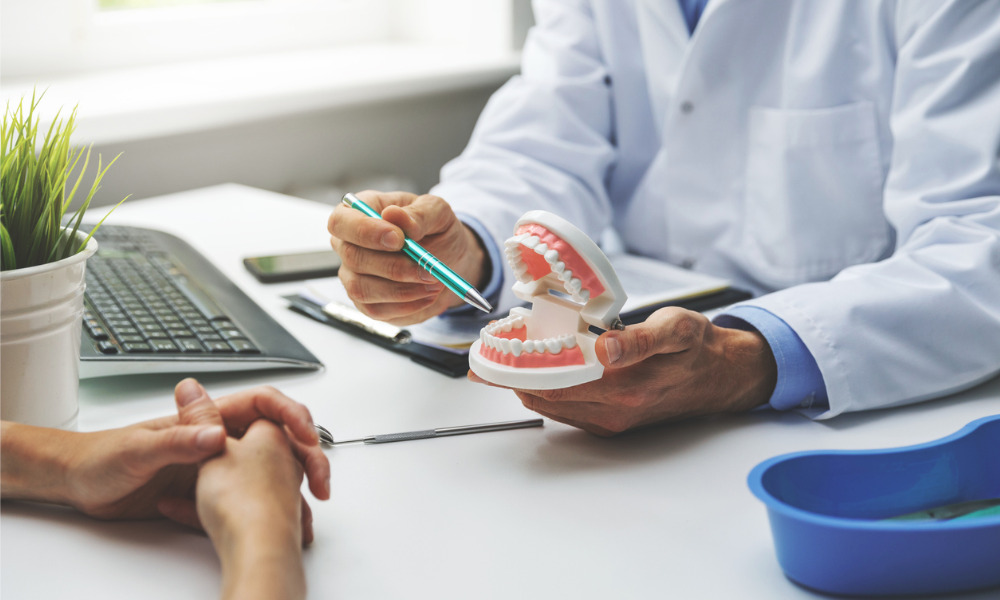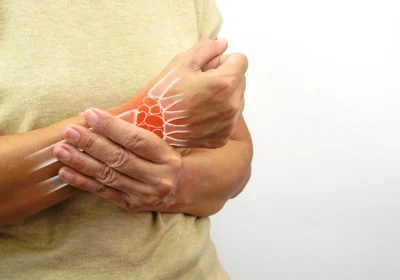
Managing Wisdom Tooth Pain During Pregnancy
Pregnancy is a beautiful journey in a woman’s life. But everything comes with a price! Hormonal fluctuations, mood swings, food cravings, and increased blood volume can result in a series of symptoms. This can negatively impact overall health, and oral wellness is another aspect that is greatly compromised. This article will discuss the scenario of getting wisdom teeth extraction surgery in South Denver during pregnancy. Is it safe? Let’s find out!
A comprehensive guide to wisdom tooth extraction
Wisdom tooth extraction, also known as wisdom tooth removal, is a common surgical procedure in dentistry. Extraction may be recommended to preserve your oral health and protect your other teeth from possible issues in the future.
Dentists may recommend wisdom teeth extraction for the following reasons:
- One or more impacted (partially or fully trapped in your gums or alveolar bone) wisdom teeth
- Crooked wisdom teeth
- Wisdom teeth growing sideways
- Severe pain near the back of your mouth
- Trapped food and debris around the wisdom teeth increase the risk of plaque and bacterial accumulation
- Gum disease around the third molars
- Dental decay or caries in a partially erupted wisdom tooth
- The presence of a cyst (fluid-filled pouch) around the molar
The procedure involved in wisdom teeth extraction:
On the day of the procedure, your dental surgeon will:
- Administer local anesthetic to numb your teeth and gums to ease pain and discomfort
- Make incisions (cuts), if necessary, to expose the trapped tooth
- Carefully loosen the tooth and lift it from the socket (tooth sectioning may be required for easy removal)
- Irritate the extraction site to ensure there is no residue or debris
- Suture the extraction site to close it
- Place a sterile gauze over the socket to slow the bleeding
The necessary precautions required after a wisdom tooth extraction

Your surgeon will give you postoperative guidelines specific to your situation. These include:
- Leave gauze in place for about 30 minutes after the extraction
- Rest as much as you can
- Use an ice pack to help reduce swelling
- Keep the extraction site clean
- Brush and floss your teeth regularly
- All antibiotics and painkillers as prescribed
- Do not drink through a straw to avoid clot dislodgement and dry socket
- Do not lift heavy things for the initial few days
- Do not eat hard, crunchy, or sticky foods
- Do not drink carbonated drinks
- Do not consume excess alcohol
Is wisdom tooth extraction safe during pregnancy?
Wisdom tooth extraction during pregnancy is generally safe, but it’s crucial to consult your dentist oral surgeon, and obstetrician to determine the best course of action.
They will consider the following factors:
Trimester:
- Extractions are typically safer in the second trimester (weeks 14-26).
- Avoiding dental procedures during the first trimester is recommended, as the fetus’s organs are developing.
- In the third trimester, extractions may be postponed until after delivery to avoid potential complications.
Pregnancy complications:
- If you have a high-risk pregnancy or complications like preeclampsia or placenta previa, your healthcare providers may advise postponing the extraction.
Infection and pain:
- If the wisdom tooth is infected or causing significant pain, extraction may be necessary to prevent more severe complications.
Anesthesia and sedation:
- Your dentist or oral surgeon will choose appropriate anesthesia and sedation options safe for use during pregnancy.
Radiation exposure:
- X-rays and CT scans may be necessary for the extraction procedure. Your healthcare providers will ensure that the radiation exposure is minimal and safe for the fetus.
Wisdom teeth extractions are common and simple dental procedures unless it is impacted or infected. This becomes crucial, especially if it harms your oral health.
Wisdom tooth extraction during pregnancy can be safe, but it’s essential to consult your healthcare providers to determine the best approach for your specific situation. They will prioritize your health and the health of your fetus.


















